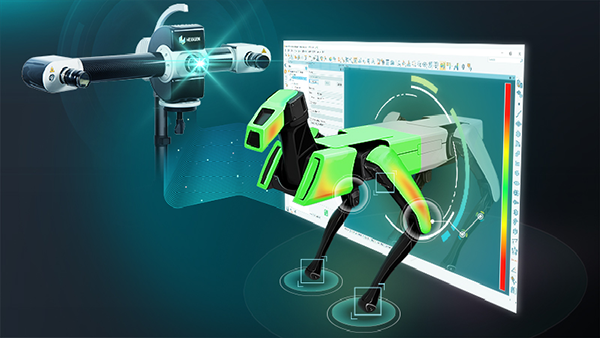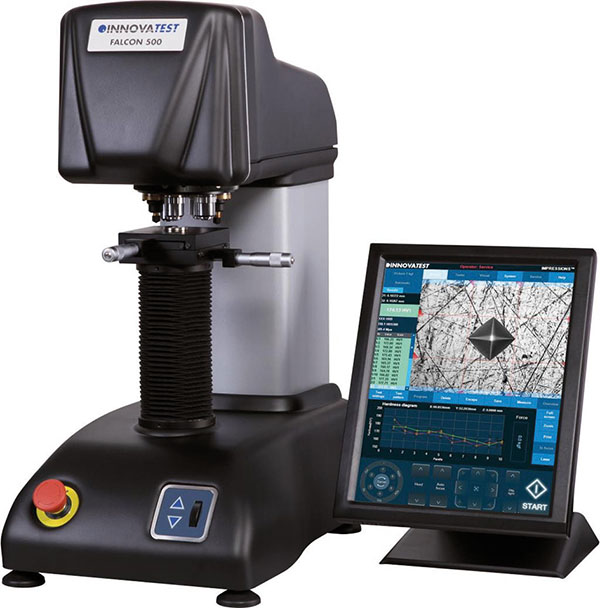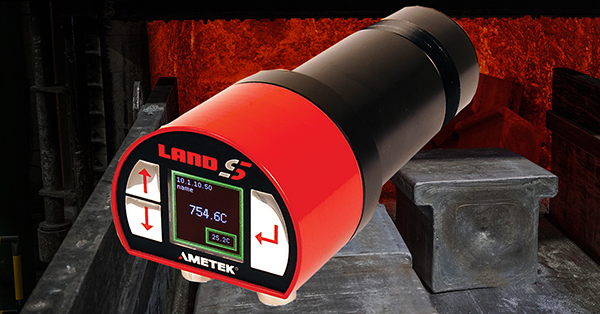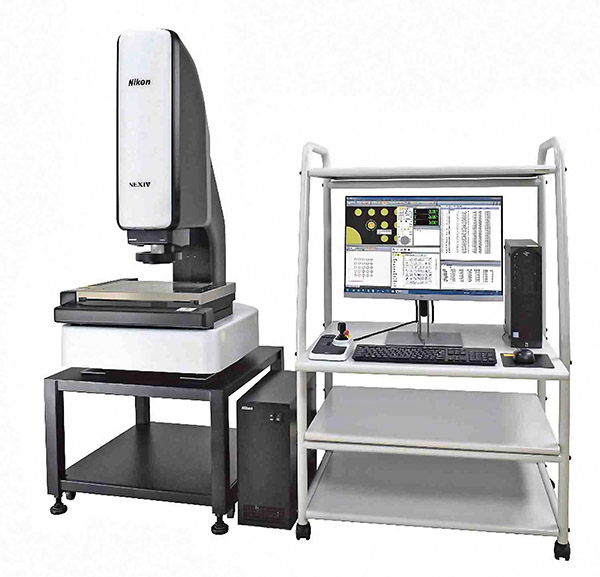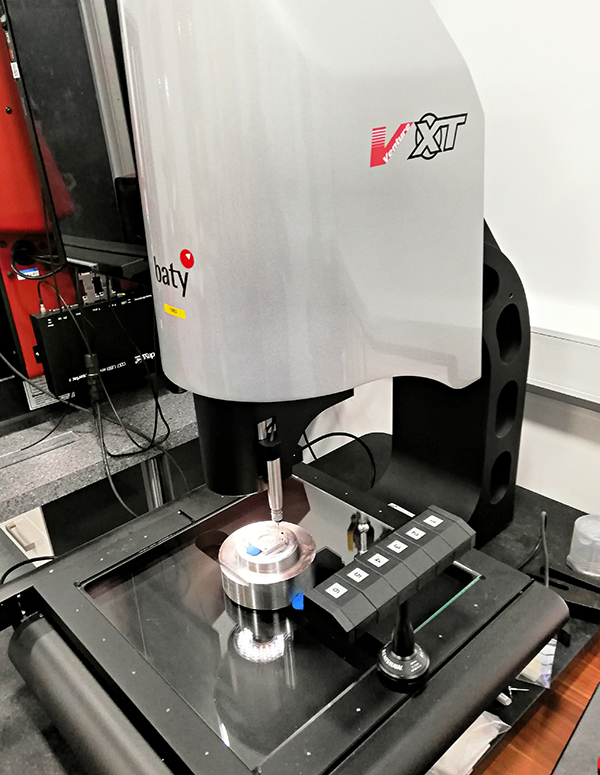
Hexagon’s Manufacturing Intelligence division is launching a new software plug-in that will allow full operation of Hexagon structured light scanning systems from within the third-party inspection software platform PolyWorks, developed by InnovMetric Software. This move represents the first implementation of a new SDK released by Hexagon that allows a third-party software environment to take full hardware control of any of the company’s structured light scanners.
The SLS-PW plug-in, and any subsequently developed plug-ins, will let users streamline their scanning and inspection workflow into a single software environment, with clear productivity benefits. Notably, the increased efficiency of a single platform workflow will reduce inspection times by eliminating the need to export and import measurement data between separate programs, as well as by minimising training needs.
Dirk Rieke-Zapp, commercial product manager – structured light scanners, says: “The need to use proprietary stand-alone software solutions to operate structured light scanning systems is an issue faced by users across the industry, whether they are using scanners from Hexagon or other manufacturers. With the development of this new SDK for our range of structured light scanners, we’re making it possible for users to deeply integrate this type of high-detail scanning within their existing metrology workflows by completely removing the need to insert proprietary software at the measurement step of the inspection process.”
When added to the existing versatility of the PolyWorks platform, the SLS-PW plug-in delivers a flexible solution for companies that run a range of metrology hardware and wish to simplify their workflows.
For further information
www.hexagonmi.com






